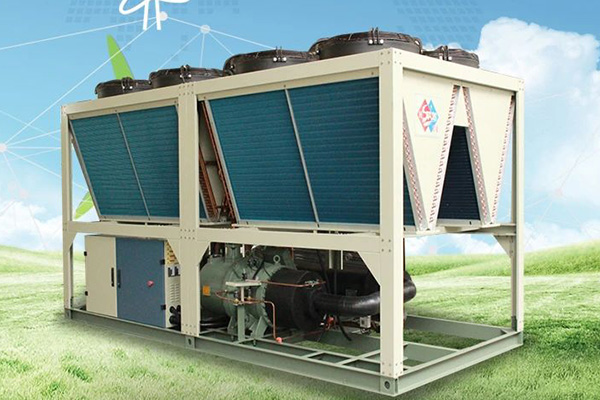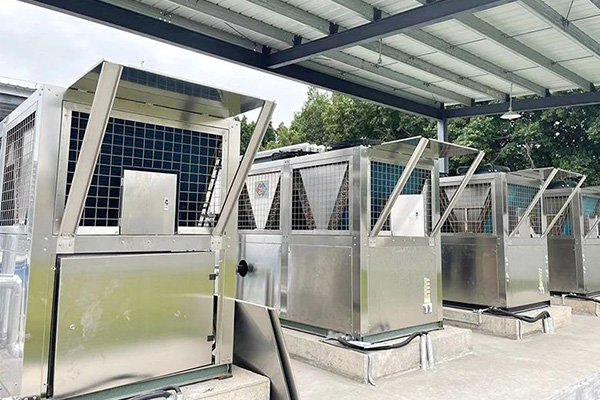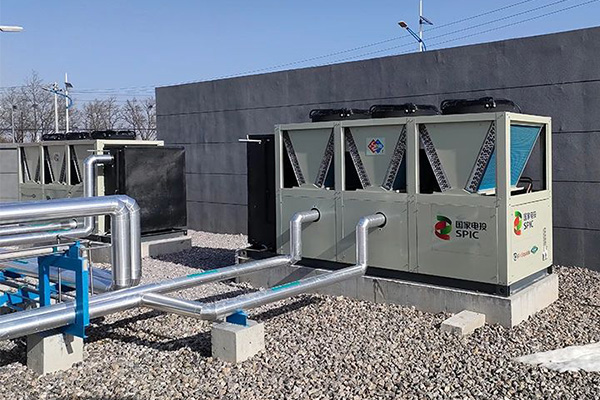H.Stars Group’s hydrogenation dedicated chiller is a high-efficiency, reliable industrial cooling device specifically designed to provide stable, low-temperature cooling water for hydrogenation processes. In modern chemical and petrochemical industries, hydrogenation is a crucial chemical reaction process, demanding rigorous cooling system requirements. H.Stars Group’s hydrogenation chillers, with their excellent performance and stable operation, have become the top choice for many enterprises.
Core Advantages
The core advantages of H.Stars Group’s hydrogenation chiller lie in its efficient cooling capacity and stable operational performance. Utilizing advanced refrigeration technology, the chiller can quickly lower the temperature of the cooling water to meet the low-temperature environment required for hydrogenation processes. Moreover, the chiller maintains a stable working state during operation, preventing adverse effects on the hydrogenation reaction due to temperature fluctuations.
Additional Features
Beyond its core advantages, H.Stars Group’s hydrogenation chiller boasts several other features. Firstly, the chiller is equipped with an intelligent control system that enables remote monitoring and automatic adjustment, making it convenient for users to manage and maintain. Secondly, the chiller excels in energy efficiency, adopting advanced energy-saving technologies that effectively reduce operational costs and save significant energy expenses for enterprises. Additionally, the chiller offers reliable safety performance, incorporating multiple safety protection measures to ensure safe operation.
Wide Application and Recognition
In practical applications, H.Stars Group’s hydrogenation chiller has been widely used and recognized. Numerous large chemical and petrochemical companies have selected H.Stars Group’s chiller as their cooling equipment. These enterprises have proven through practical use that H.Stars Group’s hydrogenation chiller not only meets the high cooling water requirements of the hydrogenation process but also enhances production efficiency, reduces operational costs, and brings substantial benefits to their development.

Future Outlook
In the future, with the continuous development and progress of industrial technology, the requirements for cooling equipment in hydrogenation processes will become increasingly stringent. H.Stars Group’s hydrogenation chiller will continue to innovate and advance, providing users with efficient, stable, and reliable cooling solutions. H.Stars Group will also uphold the service philosophy of "quality first, customer foremost," offering comprehensive pre-sales, in-sales, and after-sales services to ensure that users experience the premium quality of H.Stars Group’s hydrogenation chiller.
评论
发表评论